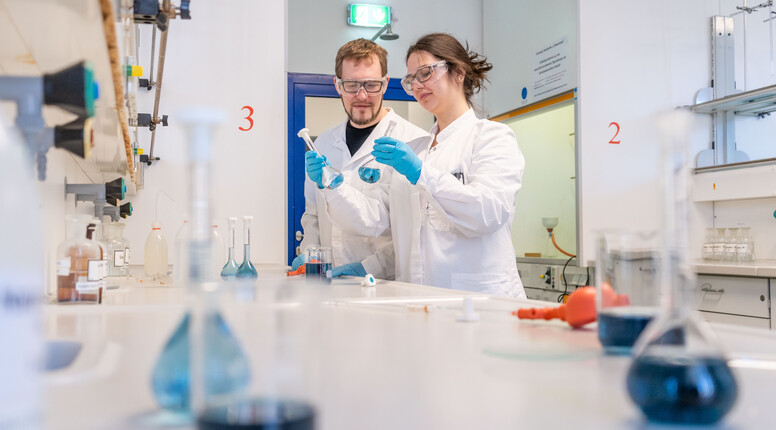Sustainable Chemistry and Renewable Energy
€1,320.00
The course provides an overview of the current status of the energy transition (Energiewende) in Germany and which targets have been defined and have been met so far and still need to be met. The course aims to shed light on the energy system transformation from the point of view of energy economic and energy policy developments and goals. In the first part of the course, the objectives of the energy system transformation and the goals that have been achieved will be examined. In the second part of the course, special attention is paid to the energy economy and the role of renewable energies in the energy system transformation. In particular, the opportunities and risks of a full supply of renewable energies are examined.
| is restricted access: | Yes |
|---|---|
| Requirements - university entrance qualification: | Not required |
| Requirements - one year of work experience: | Required |
| Requirements Language: | English: TOEFL Internet (92 points); IELTS (Acad. Level 6.5 points); CAE/CPE (Level C1, Grade B); TOEIC (720 points listening/reading, 310 points speaking/writing); if necessary, individual examination. |
| Requirements Expertise: | Knowledge of chemistry, biology & environment |
| Other requirements |
1) Training as a chemical-technical assistant or pharmaceutical-technical assistant OR 2) B.Sc. in Chemistry, Pharmacy or similar
|
| Topic: | Engineering & Natural Sciences, Sustainability, Energy & Environment |
| Format of course: | Online |
| Level: | Master |
| Course language: | English |
| Study programme |
Sustainable Chemistry
Go to study program website
|
| Number of credit points / ECTS: | 5 |
| Workload Contact time (in hours): | 8 |
| Workload self-study time (in hours): | 117 |
| Examination: | In-class examination |
| Exam format: | Portfolio |
| Further exam format: | No further Exam |
| Qualifikationsziele |
You will acquire substantive knowledge about:
|

